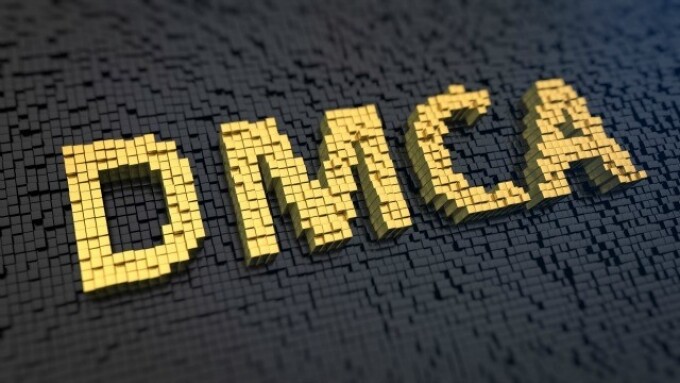WASHINGTON — The U.S. Copyright Office has decided to undertake a comprehensive review of the Digital Millennium Copyright Act's safe harbor provisions and accompanying notice-and-takedown procedures.
On Thursday, the Library of Congress requested public comment on Section 512 of the DMCA, which established a system for copyright owners and online entities to address online infringement, including limitations on liability for compliant service providers to help foster the growth of Internet-based services.
“The growth of the Internet has highlighted issues concerning section 512 that appear ripe for study,” federal authorities said.
The Copyright Office said it plans on considering the costs and burdens of the notice-and-takedown process on large- and small-scale copyright owners, online service providers and the general public.
It also noted that it will review how successfully Section 512 addresses online infringement and protects against improper takedown notices.
The review of Section 512 follows a hearing conducted by the House Judiciary Committee, on the same topic in March of 2014.
“This public comment phase is part of the federal rulemaking process, which will be followed by public meetings, and possibly a change in the federal regulations relating to the DMCA,” industry attorney Lawrence Walters of Walters Law Group told XBIZ.
Walters said that much has changed since the DMCA was passed in 2000, with the explosion of social media and user uploads.
“The combination of high quality cameras, fast broadband, and high-speed processors in computers and mobile devices has turned the world into a generation of publishers,” Walters said. “The amount of user-uploaded content is staggering. So the government is taking a step back to evaluate whether the procedures that were put in place 15 years ago still make sense."
With the current DMCA law intact, online service providers are forced to contend with millions of takedown notices under current law, Walters noted.
“Many of those notices relate to content that is protected by fair use principles, thus implicating First Amendment concerns. Sometimes DMCA notices are abused by competitors wanting to disrupt the competition,” he said.
“On the other hand, copyright holders have become increasingly frustrated with the effectiveness of the notice-and-takedown procedure, given the ease with which infringing content can be reposted. The counter-notification procedure has also been criticized as overly-complicated.
“Anyone affected by DMCA safe harbor issues should consider submitting comments either in favor of the status quo, or in support of changes.”
Details on how to submit comments to the U.S. Copyright Office on Section 512 will be posted by Feb. 1 here. All submissions must be made by March 21 at 9 p.m. (PST).







